What is Robotics
Now we’ll talk about the buzz word now-a-days. Robotics, Artificial Intelligence, Machine Learning, Computer Vision and all other fields related to them. Is it all worth the hype? And the most important question: Is this field really that much rewarding?
First, let’s briefly introduce this field. Most of you would have somewhat basic idea of what this field is about. Robotics is the field of Electrical and Mechanical Engineering in which you create intelligent machines that can interact with surroundings, take the data as input from sensors, process this data to get the better understanding and then give the ouput using actuators physically or in software. These robots can use some classic mathematical algorithms and control systems or they can use the modern AI & ML techniques to be more robust and increase the performance. Industries use robots to automate their processes. Military uses robots for unmanned combats. Online trading is now-a-days filled with robots which generate passive income. In short, there is a lot of development going on in this field for the past couple of decades.
This field is suitable for someone who is interested in both hardware and software. If you’re good at programming and have a keen interest in working with machines and creating gadgets and you find the locomotive robots fun, this field might be for you.
Getting Started with Robotics
Following are the steps you need to take in order to get a beginner level understanding of robotics and to start your journey from Beginner to Professional Level.
-
- Robotics Specialization: University of Pennsylvania
It is a basic course for robotics in which you will understand the key concepts about localization, mobility and motion planning. You will learn the basic maths that drives these complex machines and how can you design the robot for any new requirements for yourself. I highly recommend electrical students taking this course in their first year. Especially those who have an interest in robotics.
-
- Modern Robotics: NorthWestern University
The previous course was related to the software side of robotics. This course focuses mainly on hardware aspect. Especially it focuses on the mechanical mobilization and actuation in robots. The key mechanical concepts are necessary for robotics engineer in Electrical fields. I would recommend you take this course after the Robotics Specialization.
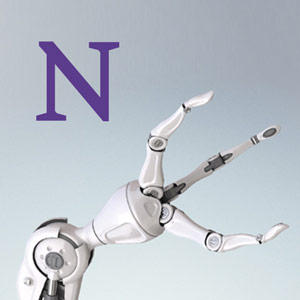
[Coursera] Modern Robotics [Kevin Lynch]
This Specialization provides a rigorous treatment of spatial motion and the dynamics of rigid bodies, employing representations from modern screw theory and the product of exponentials formula. Students with a freshman-level engineering background will quickly learn to apply these tools to analysis, planning, and control of robot motion. Students' understanding of the mathematics of robotics will be solidified by writing robotics software. Students will test their software on a free state-of-the-art cross-platform robot simulator, allowing each student to have an authentic robot programming experience with industrial robot manipulators and mobile robots without purchasing expensive robot hardware.
-
- Arduino & ESP32
If you’re following along with this guide, you would have already started the Arduino course in Embedded Systems part. If not, then do it now. You see, microcontroller programming is the key skillset you require in almost all electrical fields. You can’t get away with skipping this part. If you’re interested in robots, you definitely need to learn how the brain of these robots process the codes and take inputs. After you’ve completed the basic arduino course, i would recommend you to take the ESP32 course. ESP32 is another microcontroller like Arduino. The main difference is that ESP32 is actually used in many industry level applications for Robots, IoT devices, and much more. It has a lot more capability than the basic Arduino microcontrollers. After learning Arduino and ESP32, you would have the basic skillset you need to excel in the field of robotics.
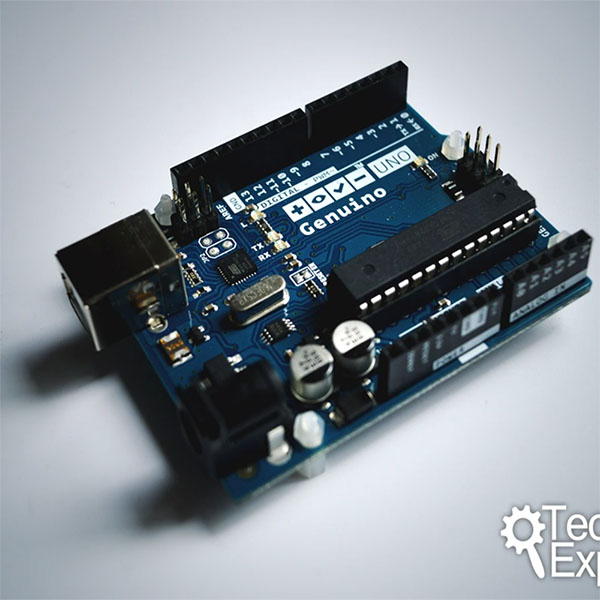
[Udemy] Arduino Step by Step: Getting Started [Dr. Peter Dalmaris]
By the end of the course, you will have a good understanding of the capabilities of the Arduino Uno, the best Arduino for people getting started, and you will be familiar with the capabilities of several of its cousins. You will be comfortable with the basic prototyping tools and their usage, the basics of the Arduino programming environment, language and programming.
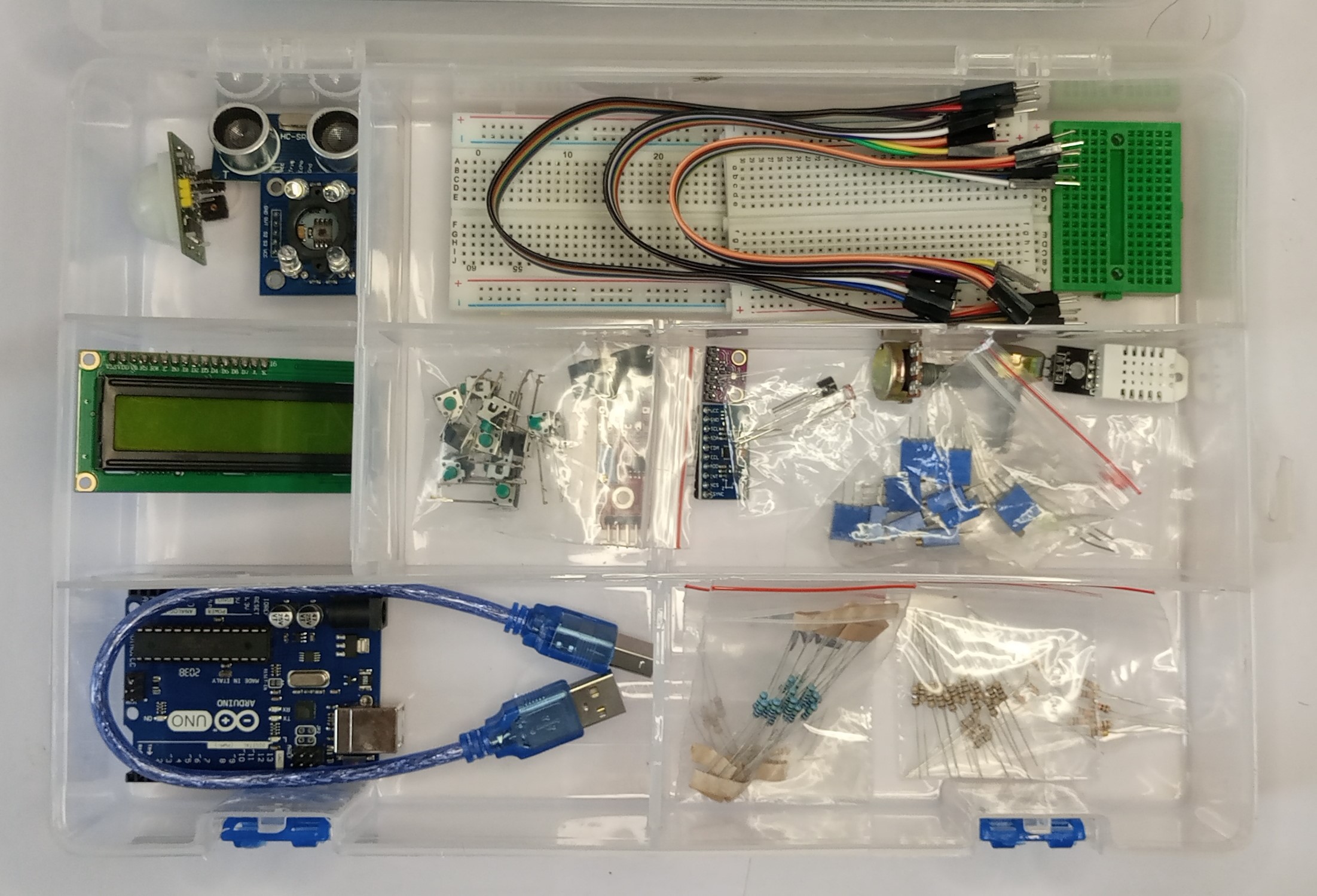
Beginner Arduino Kit [for course: Arduino Step by Step: Getting Started]
Embark on an Arduino adventure with our all-inclusive Beginners Learning Kit! Perfectly paired with the renowned Udemy course "Arduino Step by Step Getting Started" by Peter Dalmaris, this kit provides everything you need to master Arduino programming and electronics. From an Arduino UNO board and a plethora of sensors and components to jumper wires and breadboards, our kit empowers you to learn, create, and bring your ideas to life. Unleash your creativity and dive into the world of Arduino today!

[Udemy] ESP32 For Arduino Makers [Dr. Peter Dalmaris]
The ESP32 is a powerful microcontroller. It integrates Wifi and Bluetooth, many GPIOs, analog input and output capabilities, many device interconnection protocols, a fast dual-core processor. All that, at a low price. And best of all: you can use your existing Arduino knowledge and skill to turbo-charge your projects. Especially if you have already learned how to use the Arduino Uno in your projects, it is likely that you have hit a hardware limitation.
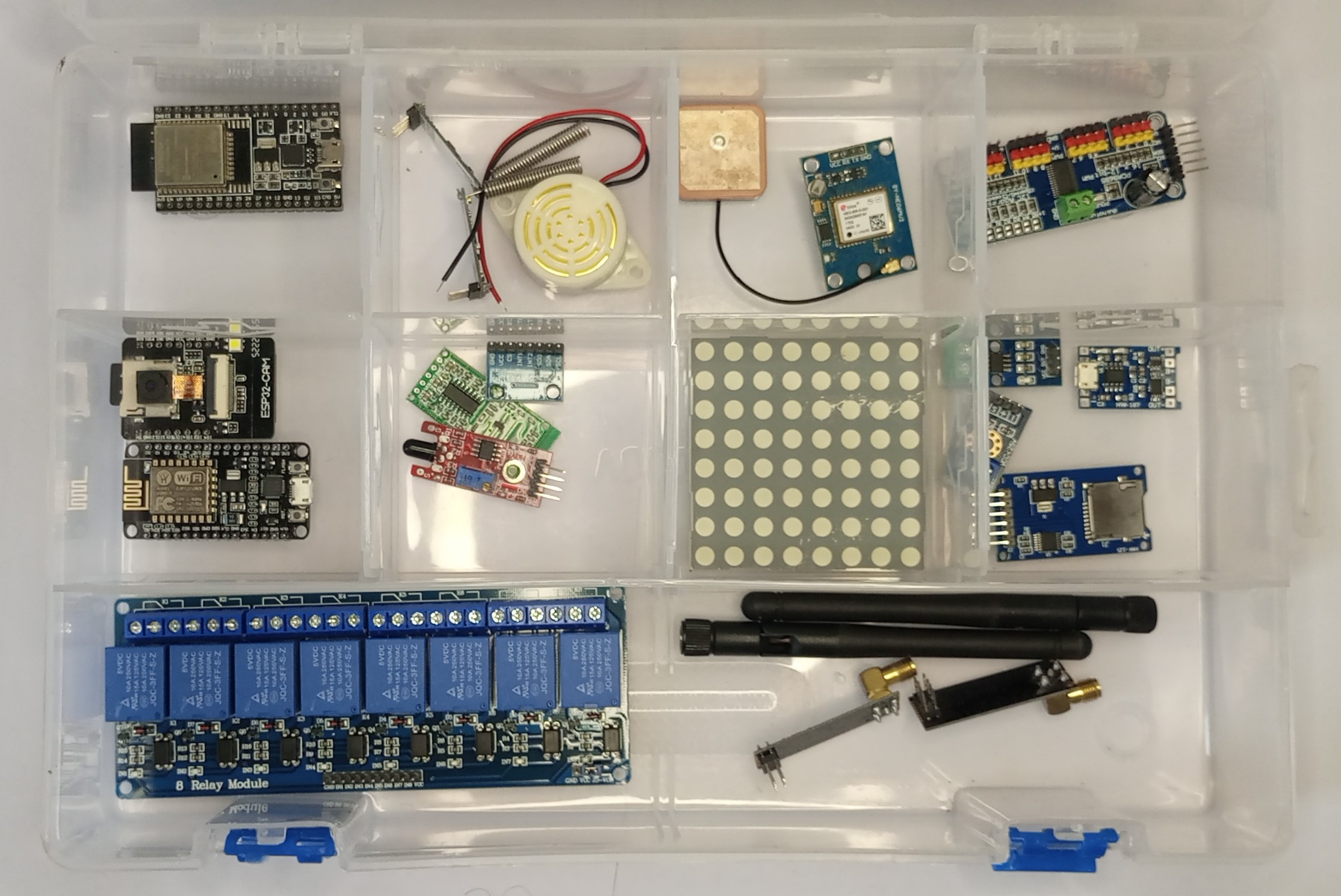
ESP32 Development Kit [for course: ESP32 for Arduino Makers]
Ignite your creativity with our ESP32 Beginners Learning Kit, expertly designed to accompany the Udemy course "ESP32 for Arduino Makers" by Peter Dalmaris. Unleash the power of ESP32 programming and electronics with an ESP32 board, a wide range of components, sensors, and modules. From pushbuttons and sensors to LEDs and LCD displays, this kit provides everything you need to dive into exciting projects. Expand your knowledge, enhance your skills, and create innovative IoT applications with our comprehensive ESP32 Beginners Learning Kit. Start your journey today!
-
- Artificial Intelligence
Here’s a spoiler alert: AI isn’t as cool as it seems. Especially when it comes to robotics. In case of softwares, AI is developing at a very fast pace. You got ChatGPT which is more knowledgable than any human. But in case of robotics, AI isn’t the solution to all problems. Due to hardware constraints, AI development is relatively slow in robotics field. And it is hectic & expensive to have different high level AI algorithms running on edge devices inside your machine. But it is still making its mark in robotics. Slowly and steadily. So, you should definitely check out the AI field and its uses in robotics. I would recommend you the basic course whose link is below. This course will guide you through the very basic concepts in AI and build you a strong foundation. Many students straight away jump into the cool stuff of making things. But i would recommend you to take a more systemmatic approach towards it.

[Udemy] Artificial Intelligence A-Z™ 2023: Build an AI with ChatGPT4 [Hadelin de Ponteves] [Kirill Eremenko]
Build an AI. Understand the theory behind Artificial Intelligence. Make a virtual Self Driving Car. Make an AI to beat games. Solve Real World Problems with AI. Master the State of the Art AI models. Q-Learning, Deep Q-Learning, Deep Convolutional Q-Learning, A3C, ...
-
- Autonomous Control Systems
It is probably the most important field in robotics. But i put it in the end because it is relatively complex for beginners too. So, what is a control system? You take the input from the sensors, you process it and the robot generates the output. for example, the autonomous car generated the output to move 10 meters forward with the steering at 5 degrees. Now to make the movement smooth and error free, you need control systems that monitor the output at every instant of time and have the capability of responding to any unforseen conditions. i.e., a bump in the road.
Learning the basis of control systems is essential for anyone working with hardwares. I would recommend the following course that would build your foundations for control systems design.
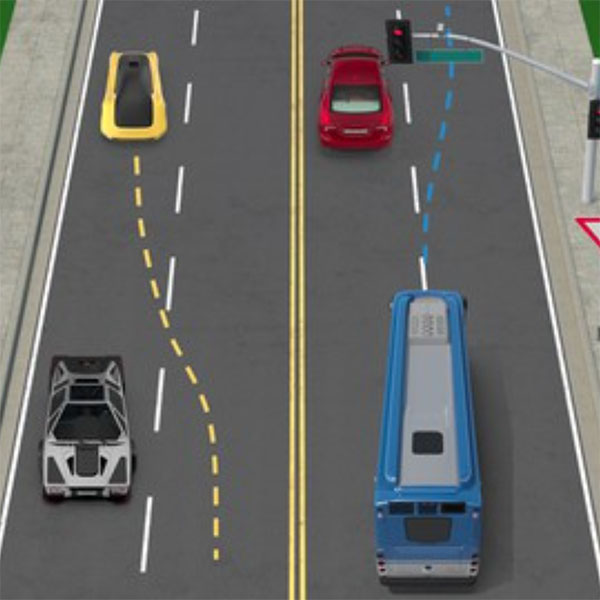
[Udemy] Applied Control Systems 1: autonomous cars: Math + PID + MPC [Mark Misin]
You will LEARN the fundamentals and the logic of Modelling, PID and MPC that will allow you to apply it to other systems you might encounter in the future. You need 3 things when solving an Engineering problem: INTUITION, MATHEMATICS, CODING! You can't choose - you really need them all. After this course, you will master Modelling, PID and MPC in all these 3 ways. That's a promise!
